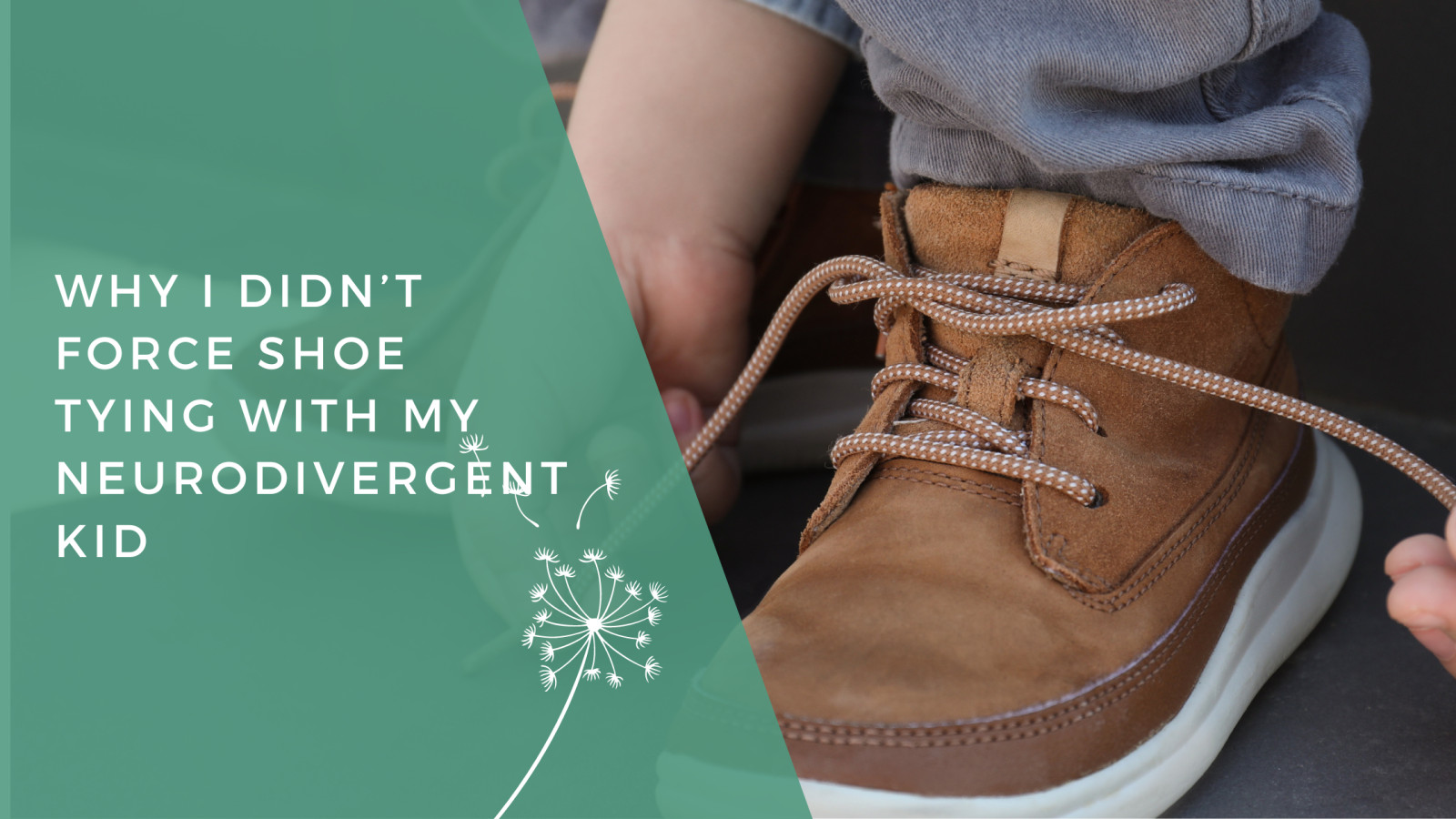
Managing chores for neurodivergent children can often lead to overwhelming situations and meltdowns. This blog post outlines three simple and effective steps to help your child with ASD complete household tasks like putting away laundry, cleaning their room, and doing the dishes. By compartmentalizing tasks, utilizing time chunks, and giving breaks, you can create a manageable and predictable chore routine that meets their sensory needs.
Step 1 involves breaking down large chores into smaller, easily understandable tasks. This helps children understand what needs to be done without feeling overwhelmed. For example, instruct your child to "Find all the socks and underwear and put those away" rather than a vague directive like "clean your room."
Time chunking is Step 2, where you set a specific amount of time for each small task, making the overall chore seem more achievable. A visual or audible timer can be helpful, and rewarding any leftover time can motivate your child. Lastly, Step 3 emphasizes the importance of breaks, equal to the time spent working on the chore, which helps your child feel rewarded and reduces resistance. These strategies can transform how chores are approached, resulting in fewer meltdowns and a more harmonious household.
Read more...
In a world full of developmental milestones, tying shoes doesn't always rank high, especially for neurodiverse children. The pressure to meet certain age-specific skills can sometimes overshadow a child's unique pace of growth. While undiagnosed fine motor skills issues or processing disorders might necessitate intervention, for those with known diagnoses, forcing shoe tying can lead to frustration and unnecessary stress.
Most school readiness checklists emphasize the importance of tying shoes, but as an educator and parent, I’ve seen this standard create undue pressure. Not being able to tie shoes doesn’t reflect a child's intelligence or potential. Opting for no-tie shoes can reduce daily stress for both parents and children, allowing room for their other strengths to shine.
When my son struggled with shoe tying, I provided alternatives until he developed the necessary coordination. Today, at 12, he tied his shoes for the first time, but his delay never hindered his academic or social achievements. Ultimately, compassion and self-love are far more important skills, and children will master tasks like shoe tying when they’re truly ready.
Read more...












